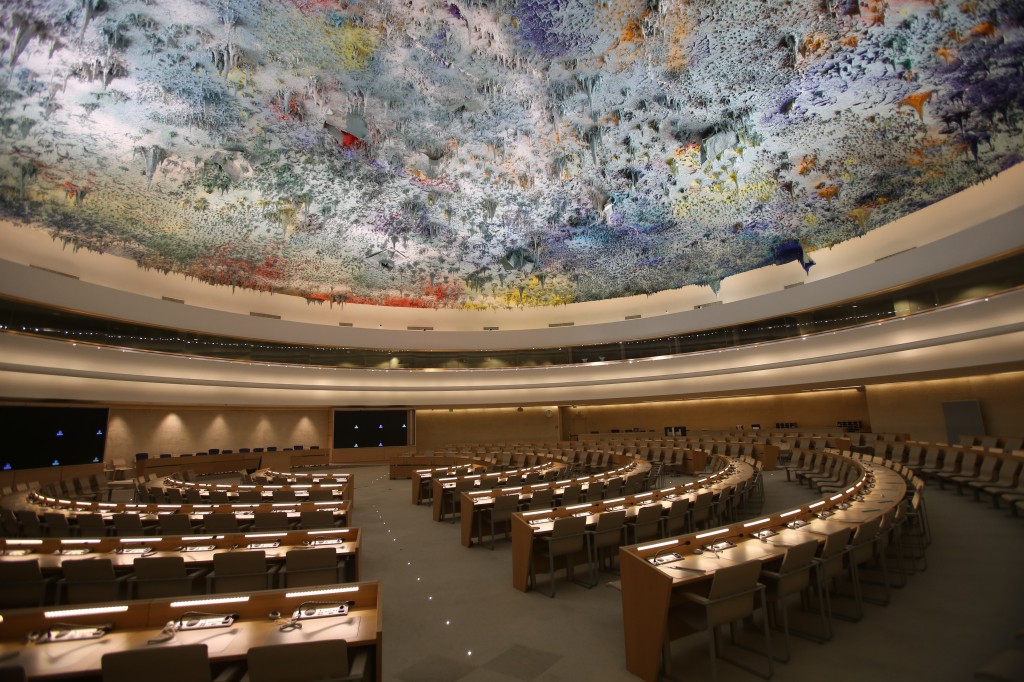International Human Rights Framework
More indigenous peoples recognize necessity of their own voice internationally.
Our survival, rights, and cultures depend on being heard in global institutions, where decisions too often ignore our existence.
18
CASES IN 2014
122
CASES IN 2025

Practical Legal Guidance
Know Your Rights
Short guides and key instruments: UNDRIP, ICCPR, CAT, ECHR, and regional norms—summarized and explained with examples.
Protect Yourself
Safety checklist: secure communication, privacy guide, risk assessment, and practical guides for everyone.
Help Others
Support victims and political prisoners: letters, petitions, and how to address international institutions effectively.
Know Your Rights.
Use this checklist to map your situation to the right law and next steps.
- Identify the harm. Detention / torture / forced mobilization • language or education discrimination • resource theft / environmental harm • reprisals for speech, assembly, or culture.
- Match protections.
See the instruments on the right: ICCPR (Arts. 7, 9, 14, 19, 21, 27), ICESCR (Arts. 13, 15), Geneva Conventions, 1907 Hague Regulations, UNDRIP (self-identification, language, culture). - Document safely.
Record dates, places, units/officials, witnesses; keep originals; store copies securely; preserve photo/video metadata. - Seek help securely.
Contact trusted NGOs/lawyers or our Telegram bot for confidential intake.
UNDRIP
UN Declaration on the Rights of Indigenous Peoples. Self-identification, language, culture, participation.
Front Line Defenders
Front Line Defenders recognises human rights defenders working to protect and defend any and all of the rights enshrined in the Universal Declaration on Human Rights.
Protect yourself.
- Assess risk first
Who could be watching? What devices or accounts could be compromised? Plan ahead and assume that phones, messengers, and cameras may be tracked. - Secure your devices.
Use strong passcodes (not fingerprints), enable full-disk encryption, and set auto-lock. Keep one “clean” phone for communication, separate from your main accounts. - Use trusted channels.
Communicate through Signal or ProtonMail. Avoid Telegram, WhatsApp, or VK. Disable geolocation, Bluetooth, and cloud backups before sending anything sensitive. - Protect your identity.
Never post evidence under your real name or with recognizable background/location. Blur faces and surroundings; strip metadata from photos and PDFs before sharing externally. - Have an emergency plan.
Tell one trusted person outside your country or region where to call if you disappear. Prepare code words or emojis that signal danger. Keep a printed list of key contacts.
Device & Account Security
Lock screens, encryption, two-factor authentication, app permissions, safe SIM use.
Secure Communication
How to use Signal, ProtonMail, and disappearing messages correctly.
Location & Travel Safety
Prevent tracking, safe routes, cross-border precautions, how to handle checkpoints.
Emergency & Arrest Response
What to say, what not to sign, how to contact family or lawyer if detained.
Safe Reporting
Anonymous contact methods, Telegram bot instructions, encrypted uploads.
Community Support
Stress reactions, burnout prevention, peer support and confidential counseling links.
How Activists Resist State Power
Protect others.
- Protected identities.
Never publish full names, faces, or personal data without explicit consent. Use initials or generic terms (“a teacher from Ufa”, “a volunteer from Sterlitamak”). - Choose safe channels.
Avoid open social networks for sensitive coordination. Use encrypted messengers or email lists with trusted people only. - Document ethically.
Get permission before sharing photos or stories. Blur faces of victims and family members. Don’t share medical data or legal papers publicly. - Support in ways that last.
Translate materials, write to families, collect verified data, or donate through trusted intermediaries — not via random online fundraisers. - Have an emergency plan.
Tell one trusted person outside your country or region where to call if you disappear. Prepare code words or emojis that signal danger. Keep a printed list of key contacts. - Stay emotionally safe.
Witnessing injustice is draining. Rotate tasks, take breaks, and debrief with peers or support groups.
Writing to Prisoners
How to send safe letters, what not to write, and verified address lists.
Verified Petition Templates
Ready-made appeal examples to UN, OSCE, and regional institutions.
Supporting Families of Detainees
How to organize help, gather humanitarian aid, and maintain contact ethically.
International Mechanisms
How to submit reports or urgent appeals to the UN or regional bodies.